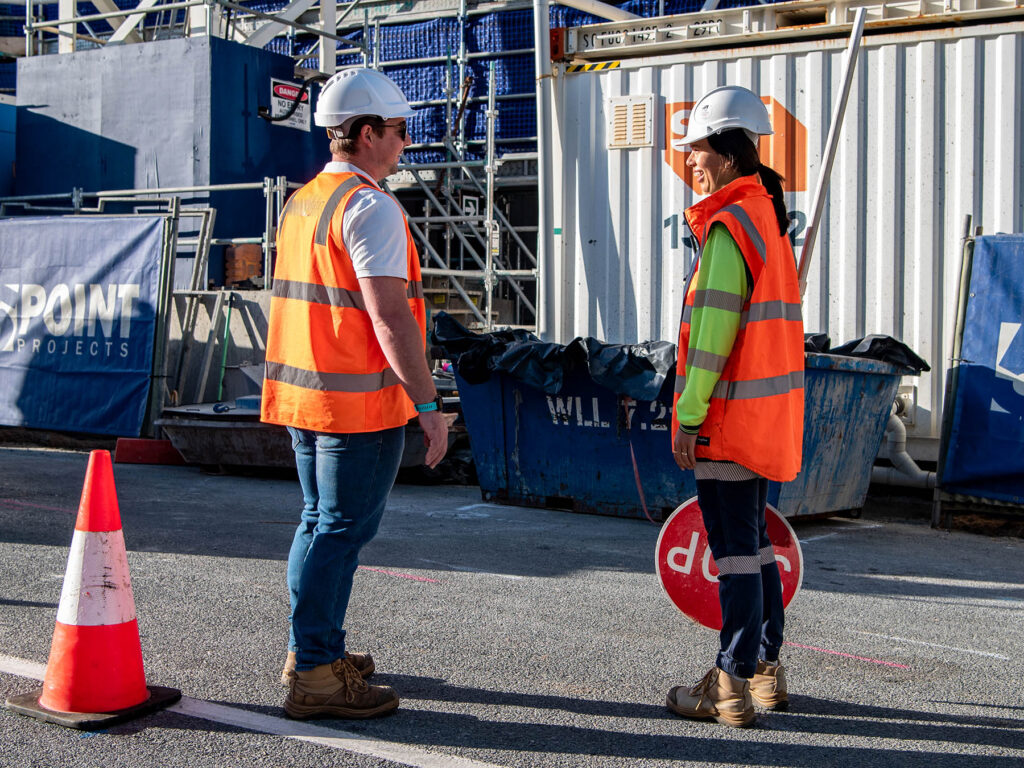
In order to maintain road safety, ensure construction projects go well, and safeguard both the public and employees, traffic controllers are essential. While the job may seem straightforward from the outside, it requires a diverse set of skills that go beyond holding a stop/slow bat. These skills are taught and refined through professional training programs. Enrolling in a traffic controller course Sydney equips learners with practical knowledge and confidence to perform effectively in high-pressure environments. Here are the top skills you’ll gain through such training.
Mastering Road Safety Protocols
The foundation of any traffic controller’s role is a deep understanding of road safety. During training, participants learn how to identify potential hazards and implement strategies to minimise risks. This includes setting up advance warning signs, using barriers to create safe zones, and ensuring visibility for drivers and pedestrians.
These safety protocols aren’t just guidelines—they’re lifesaving practices. By mastering them, trainees develop the ability to create controlled environments that reduce accidents and keep both workers and the public protected.
Communication And Signalling Techniques
Clear communication is one of the most important skills a traffic controller needs. Courses teach the proper use of hand signals, radios, and stop/slow bats to guide vehicles efficiently and safely. Trainees also practice giving instructions with authority and clarity, even in noisy or stressful conditions.
Effective communication prevents confusion and ensures that everyone on-site—from construction workers to drivers—understands what to do. This skill also extends to interacting with pedestrians, where patience and clear guidance help maintain order and safety.
Risk Assessment And Decision-Making
Traffic environments are dynamic, and conditions can change quickly. A traffic controller course trains individuals to assess risks on the spot and make quick, informed decisions. For instance, if weather reduces visibility, or if a driver ignores instructions, controllers must respond immediately to protect everyone involved.
This ability to stay calm under pressure and adapt to unexpected situations is one of the hallmarks of a skilled traffic controller. Training provides the confidence to act decisively, ensuring safety is never compromised.
Knowledge Of Legal And Regulatory Requirements
Traffic control is governed by strict legal standards and industry regulations. Courses provide in-depth knowledge of these requirements, ensuring that every action taken complies with the law. Participants learn how to maintain compliance at all times, from using personal protective equipment (PPE) to placing signage.
This knowledge not only reduces liability for employers but also builds public trust. Drivers and pedestrians are more likely to respect traffic controllers who demonstrate professionalism and adherence to safety standards.
Teamwork And Coordination
Traffic controllers rarely work alone. They are part of larger crews that include construction workers, engineers, and other controllers positioned at different points. Training emphasises the importance of teamwork and coordination.
Through exercises and role-playing, participants learn how to share information, synchronise actions, and work as part of a cohesive unit. This collaboration ensures that traffic moves smoothly while construction continues without unnecessary interruptions.
Conflict Management And Public Interaction
Dealing with frustrated or impatient drivers is a reality for traffic controllers. A traffic controller course equips participants with strategies to handle conflict professionally. They learn how to stay calm when drivers challenge instructions, de-escalate tense situations, and maintain authority without hostility.
This skill is vital, as the ability to diffuse conflict ensures safety while protecting the reputation of the project and employer. It also highlights the interpersonal side of traffic control, where customer service and public relations intersect with safety management.
Practical On-Site Application
Beyond classroom learning, most courses include practical assessments where participants apply their skills in real or simulated work environments. This hands-on practice builds confidence and prepares trainees for the unpredictability of actual job sites. By practising setups, signalling, and coordination in real time, participants leave the course ready to work effectively from day one.
Final Thought
A traffic controller course is more than just a certification—it’s a comprehensive training experience that equips individuals with essential skills for one of the most important safety roles on modern roads. From mastering safety protocols and communication techniques to developing decision-making, teamwork, and conflict management abilities, the training prepares participants for the challenges of the job. These skills not only protect lives but also ensure that roadwork and infrastructure projects can move forward safely and efficiently. For anyone considering a career in traffic control, the skills learned in training are the foundation of both personal success and public safety.
